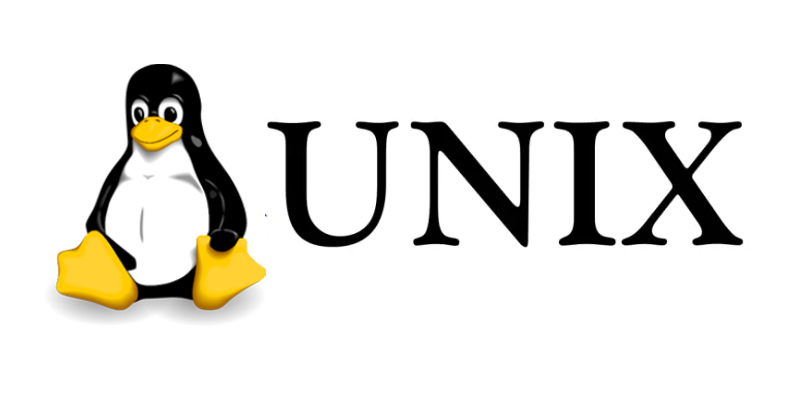How Does UNIX Assist Software Development?

UNIX, a powerful and versatile operating system, has long been a cornerstone in the field of software development. Its robust architecture, rich set of tools, and flexibility make it an invaluable asset for developers. This blog explores how UNIX assists software development and why it remains a preferred choice for many professionals. Let’s explore these concepts to achieve a thorough understanding. Explore the learning opportunities provided by UNIX Training in Chennai at FITA Academy.
Stability and Reliability
UNIX is renowned for its stability and reliability. Developed in the late 1960s and early 1970s, it was designed to be a multi-user, multitasking system from the start. This strong foundation means that UNIX systems can run for years without needing a reboot, providing a consistent and dependable environment for development. This reliability reduces downtime and ensures that developers can focus on writing code rather than troubleshooting system issues.
Powerful Command-Line Interface
One of the defining features of UNIX is its powerful command-line interface (CLI). The shell, a command-line interpreter, allows developers to perform complex tasks with simple commands. This efficiency is crucial for software development, where tasks such as compiling code, managing files, and running scripts are frequent. The ability to script and automate repetitive tasks using shell scripting languages like Bash or Zsh further enhances productivity.
Rich Set of Development Tools
UNIX offers a rich set of built-in development tools that streamline the software development process. Tools like gcc (GNU Compiler Collection) for compiling code, make for build automation, and gdb (GNU Debugger) for debugging are integral to the UNIX environment. Additionally, text editors like vi and emacs provide powerful features for writing and editing code, while version control systems like git help manage code changes efficiently. Explore the Database Management program at UNIX Courses Online, which includes personalized guidance and detailed progress tracking, tailored to meet your specific needs.
Portability and Flexibility
UNIX’s design emphasizes portability, meaning software developed on a UNIX system can be easily transferred to and run on different UNIX-based systems with minimal changes. This portability is particularly valuable in today’s diverse computing environments. UNIX also supports a wide range of programming languages, including C, C++, Python, and Perl, giving developers the flexibility to choose the best tool for their projects.
Networking and Collaboration
Networking capabilities are built into the core of UNIX, making it ideal for collaborative development. Tools like ssh (Secure Shell) allow developers to securely access remote systems, while rsync facilitates efficient file synchronization. These features support distributed development teams and enable seamless collaboration, which is essential in the modern software development landscape.
Security
Security is a critical aspect of software development, and UNIX’s robust security model helps protect development environments. User permissions and access controls ensure that only authorized individuals can modify important files and settings. Additionally, UNIX’s modular design allows for the implementation of additional security measures as needed, providing a secure platform for developing sensitive or critical applications. Discover the advantages of joining a Coaching Institute in Chennai, paving the way for your growth into a versatile professional.
UNIX continues to be a vital tool in software development due to its stability, powerful CLI, rich development tools, portability, networking capabilities, and robust security. These features collectively create an environment that enhances productivity, supports collaboration, and ensures the reliable development of high-quality software. Whether you are a seasoned developer or just starting, leveraging UNIX can significantly improve your software development workflow.
